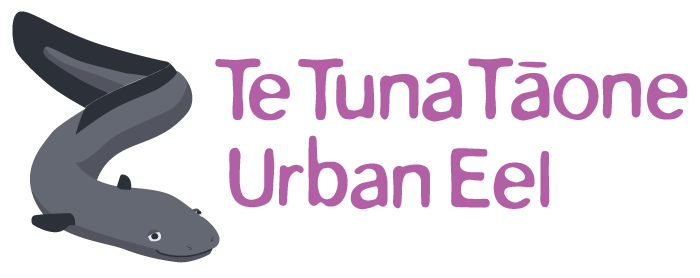
Te Tuna Tāone is an action learning programme that works with schools in Ōtautahi/Christchurch to become kaitiaki and take action to improve the life of this taonga species, the longfin tuna/ eel.
Ōtautahi/Christchurch is a special city – with its springs/ ngā puna, it has sustained the mighty and beloved longfin tuna right in the heart of our urban area. However, with stormwater pollution, climate change and the destruction and degradation of their habitat, we need to take action now to care for these unique ‘Tuna Tāone’, or ‘Urban Eels’.
History
In 2018, Te Tuna Tāone was developed together by Enviroschools Canterbury and the Working Waters Trust and using the Enviroschools kaupapa, the Action Learning Cycle. Together they provided classroom and stream-based education sessions, as well as technical support for students to undertake their own actions in response to longfin eel habitat destruction and stormwater pollution.
With funding from other partners Te Tuna Tāone can now be offered to those schools that are not part of the Enviroschools whānau as well as those that are an Enviroschool.
Contact
Jenny Bond is the Te Tuna Tāone facilitator
Email: tetunataone@chchenvirohub.org
Facebook: @tetunataone
Instagram: @tetunataone
Phone 021 367 455
My usual hours are Monday, Wednesday & Friday 0900 – 14:15. If you would like a more immediate response please text me.
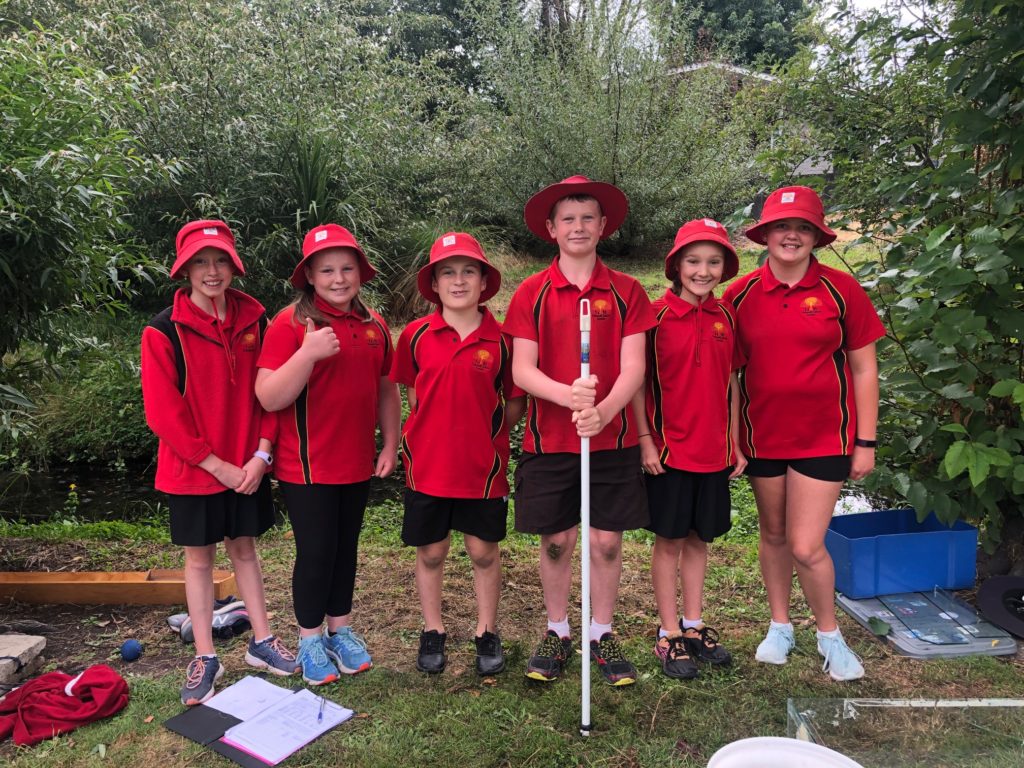
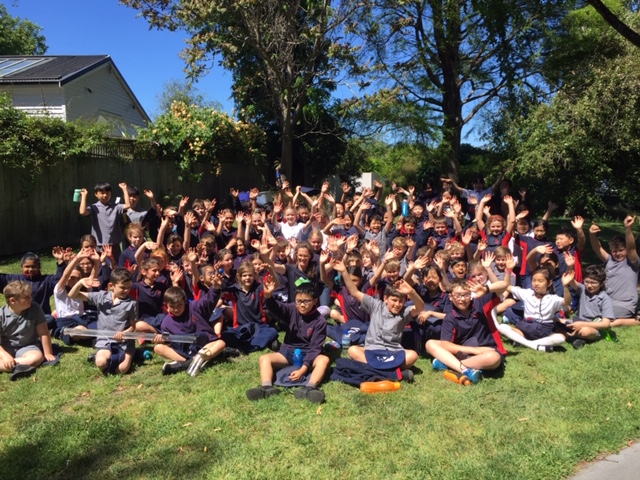
What the Te Tuna Tāone programme provides
- Te Tuna Tāone /Urban Eel Program comes in four stages:
1. Introductory presentation about tuna and the awa, amazing tuna, how and why they are threatened, and what can be done to change this.
2. Stream day where tamariki get to monitor the health of their local stream and hopefully see macroinvertebrates, fish, and tuna.
3. The largest component is the action unit where tamariki, as kaitiaki, design and implement actions (with our facilitated support) to help our tuna and awa.
4. Reflection on their actions and celebration of their mahi.
The programme is run over three to four terms and our facilitator can talk with you about how this best fits with your school. It is best to begin in Term 1 before the weather can affect the stream day or in the first half of Term 2
Why we focus on longfin tuna/eel
Our longfin tuna are affected by poor water flows and quality, habitat reduction and destruction and at sea, warmer ocean temperatures.
Many of the waterways in Ōtautahi/Christchurch are negatively affected by poor water quality from stormwater – “urban river syndrome”. This information comes from Christchurch City Council and is backed up by the water quality results for the Ōpāwaho/Heathcote and Ōtākaro/Avon rivers.
Under at Risk and Declining
Aotearoa’s Department of Conservation ranks this native fish species as “At risk and declining”. Most people do not realise that the longfin tuna is as endangered as the little spotted kiwi. The International Union for Conservation of Nature classifies our longfin tuna as endangered NIWA says the longfin tuna is very high (the highest) on their vulnerability scale to climate change. However, there are waterways that the Christchurch City Council has identified as sites of ecological significance for tuna.
The actions the tamariki take are innovative and target ways to improve the quality of the stormwater as well as the planting area adjacent to awa (riparian zone). Some of their actions go wider and reach out to behaviours that can reduce the impacts of climate change.
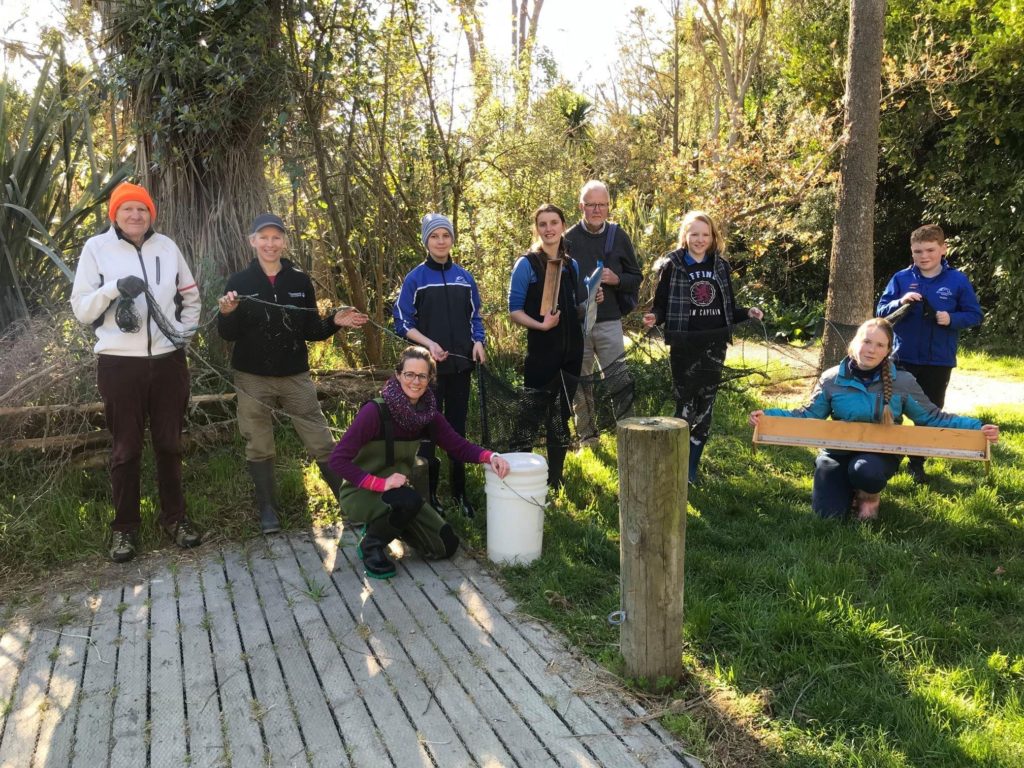
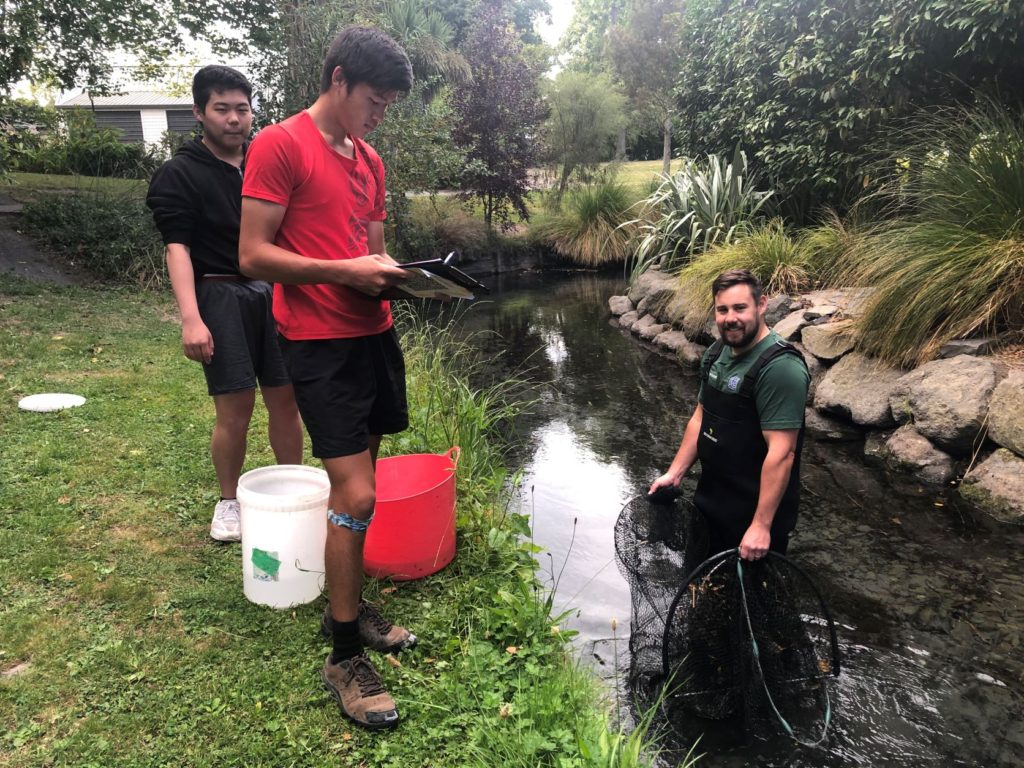
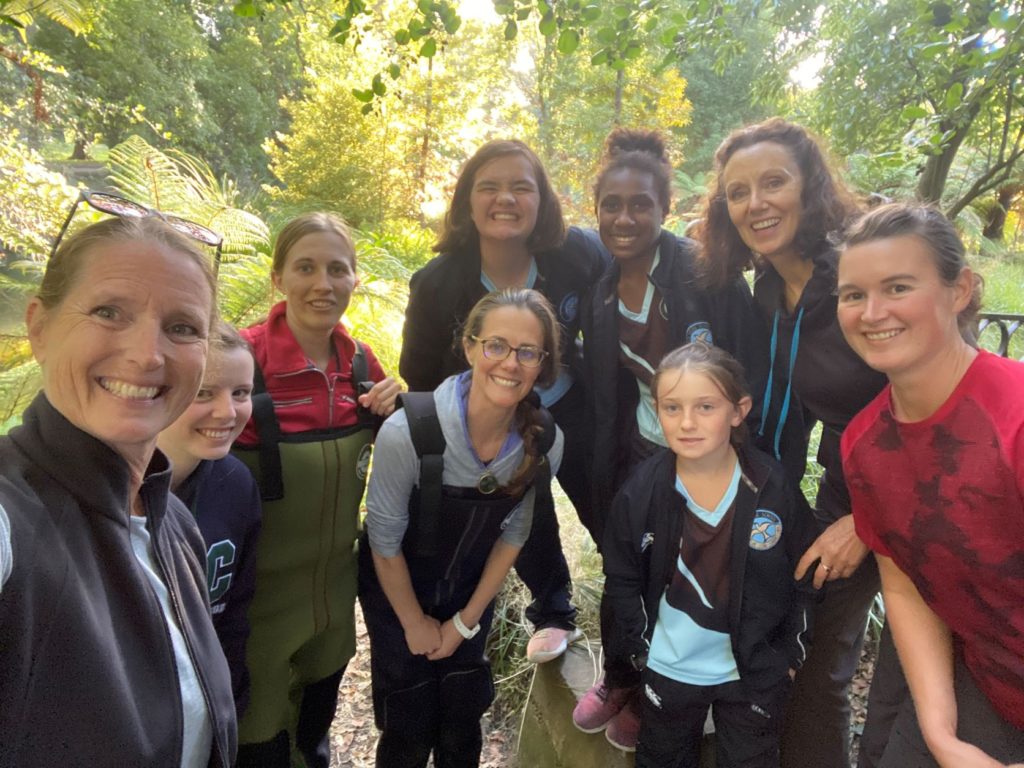
Examples of innovative actions developed and undertaken tamariki/rangitahi
Below are some examples of the actions the tamariki/rangatahi aged 5 to 12, years 0-8, with kaiako and our support, designed and undertook to help the longfin tuna and their habitat.
Many of these actions reached out to their local community as well as their school community.
- Participation in World Rivers Day
- Video by Halswell juniors https://www.youtube.com/watch?v=QS0t5KQtZdo
- Stream side meeting with Christchurch City Council freshwater ecologist to share tamariki ideas to improve the stream – many were actioned
- Design and carry out native stream side Planting
- Build and install river townhouses for the tuna
- Write letters to the councils
- Kids activity sheets about tuna for distribution at cafes, library etc
- Postcard flyers handed out and to deliver to the local residents of the stream
- Presentations to all school year groups, school assemblies and Council Community Board
- Drain hunts at school to understand difference between the 3 waters
- Litter traps and waste analysis
- Clean up the stream – in and on the banks of the awa
- Partake in a city wide survey of the tuna
- Take the Stormwater Superhero Trailer to community locations to share their story
- Install and communicate the why of putting Blue fish “drain only water” stormwater drains in and their school
- Make posters for school and local cafes, library etc
Why we deliver Te Tuna Tāone Programme
We deliver this programme because studies show that over 40% of Christchurch adults either don’t know or get it wrong about where stormwater goes.
To improve the populations of longfin tuna in Christchurch we need to protect their water from pollution, namely stormwater pollution.
Christchurch rivers suffer from “urban river syndrome” and thus so do our taonga species, the longfin tuna.
Simply put, we want people to change their behaviour and action towards stormwater pollution, riparian planting and climate change so the correct behaviours become the new social norm. Then our rivers will improve and so will the tuna who have been here since before dinosaurs and yet decline in our lifetime.
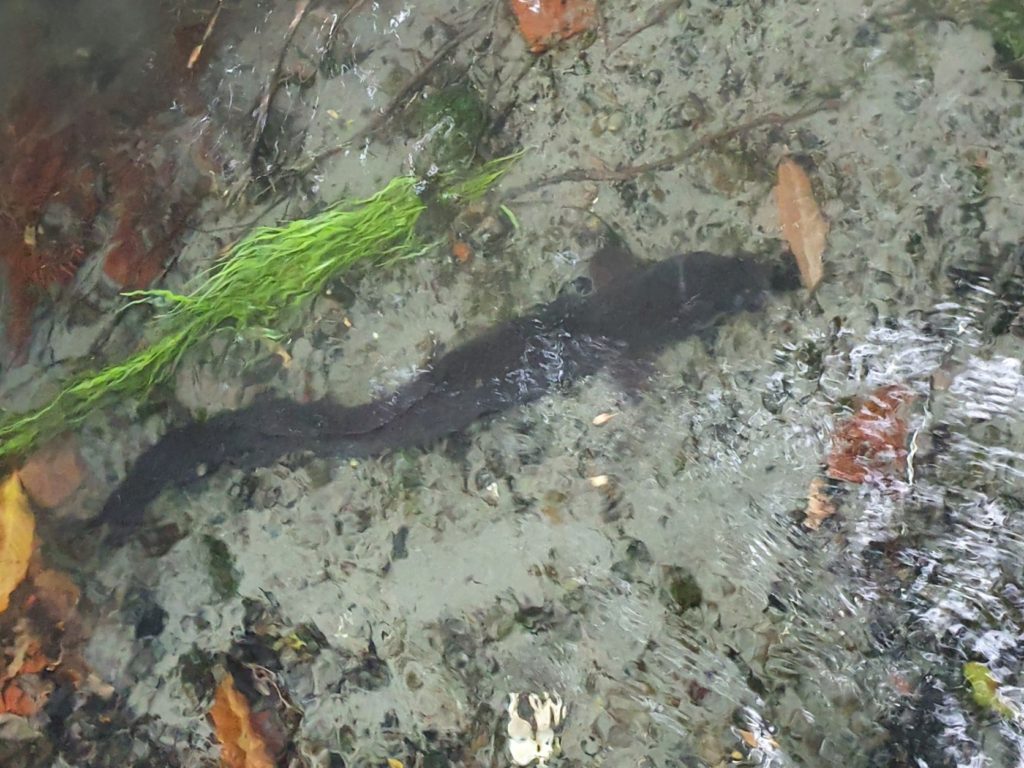
Supporters of the
Te Tuna Tāone programme
Ngā mihi nui to our current supporters
- Christchurch City Council Innovate & Sustainability Fund – funder
- Christchurch Envirohub Trust – home base for our facilitator and Te Tuna Tāone
- Enviroschools Canterbury and Working Waters trust for developing Te Tuna Tāone



Ngā mihi to our previous funders
- The Rata Foundation

